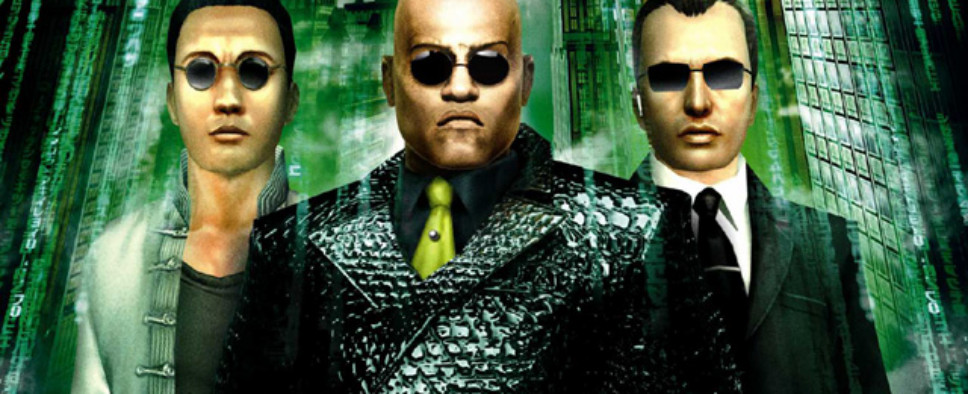The Matrix Online Editorial Retrospective
-
Category: News ArchiveHits: 2550

Back in the day when The Matrix was huge and the MMO market was yet to be changed forever by World of Warcraft, every bit of news about the upcoming Matrix MMO was met with enthusiasm and bated breath. And that's understandable, considering how well the movie seemed to lend itself to such a transition, and the constantly thrown around blessing by the Wachowskis. This game was supposed to blow everything preceding it out of the water but development issues and delays managed to temper these expectations.
When the game entered beta in 2004, the window for a runaway hit was already closing. Repetitive gameplay and a slew of bugs led to a rather mixed reception. However, this didn't prevent the die hard fans from getting captivated by the game's world and its dynamic storytelling fueled by the development team posing as canonical characters.
One such player who persevered and stuck with the game was Rajko, a modder who, after the game was announced to be shut down, took it upon himself to preserve the legacy of The Matrix Online. Waypoint's Matt Sayer delved deep into the scrolling green code and came back with a lengthy article detailing the game's downfall and its continued attempts at resurrection by Rajko and a few others.
It's an interesting read, a foray into gaming history. It is also an example of what may happen to other MMOs that are still on the market today. Here's a couple of paragraphs to give you an idea of what to expect:
As I wander aimlessly through this forgotten place, I catch echoes of the life that once thrived here. I enter a nightclub sheathed in neon, where a thumping bass line drives away the cemetery silence of the city outside. NPCs mingle by the bar and get groovy on the dance floor, re-enacting memories of a time long past as if to bring it back. Compelled to oblige them, I step out onto the dance floor and strut my stuff, posing for the DJ as he spins the same records he's been spinning for over ten years now.
A peal of laughter knocks me out of my groove. I spin around and come face-to-face with The One himself, Neo, his black trench coat rippling with recent movement.
This is no NPC.
Neo greets me, revealing himself as a fellow wanderer fascinated by this undead place. He tells me this is his first time here, and asks what there is to do. I break the news to him: this simulation is strictly look-but-don't-touch. Disappointed, he sticks around anyway and we chat for a while, discussing what drew us here—for me, research; for him, entertainment. We banter idly for a few more minutes before parting ways. He logs out soon after.
...
These days, MXOEmu leads a double life. In its playable, pre-2011 form, it's a digital mausoleum, a shrine to a dead world silent but for the /whispers of memories lingering at the edge of hearing. In its unreleased, UE4-powered state, it represents the promise of the immortal MMO, preserved not as it really was but as you remember it being, with time's rusty touch polished away.
This duality speaks to a larger challenge the games industry as a whole faces: How do we preserve for posterity experiences so defined by their time and place? Do we strive to recreate them exactly as they were, hoping to recapture their original spark? Or do we aim instead to fulfil the promises they made so many years ago, smoothing out their rough edges to meet modern expectations? MMOs, after all, are as much about their people as their polygons. Without a thriving community, even a 1:1 recreation won't feel the same. Are these games doomed to obsolescence, their legacies confined to blurry screenshots and a handful of boisterous Let's Plays?
MXOEmu might still have a ways to go, but even in its ghostly, pre-UE4 state, it's an invaluable slice of video game history we can't afford to lose. We need people like Rajko, the ones willing to devote seven years of their lives to saving The Matrix Online from permanent disconnection. They are the Morpheus to our Neo, opening our eyes to the real world. Without them, our past would be as much a dream as the Matrix itself.

